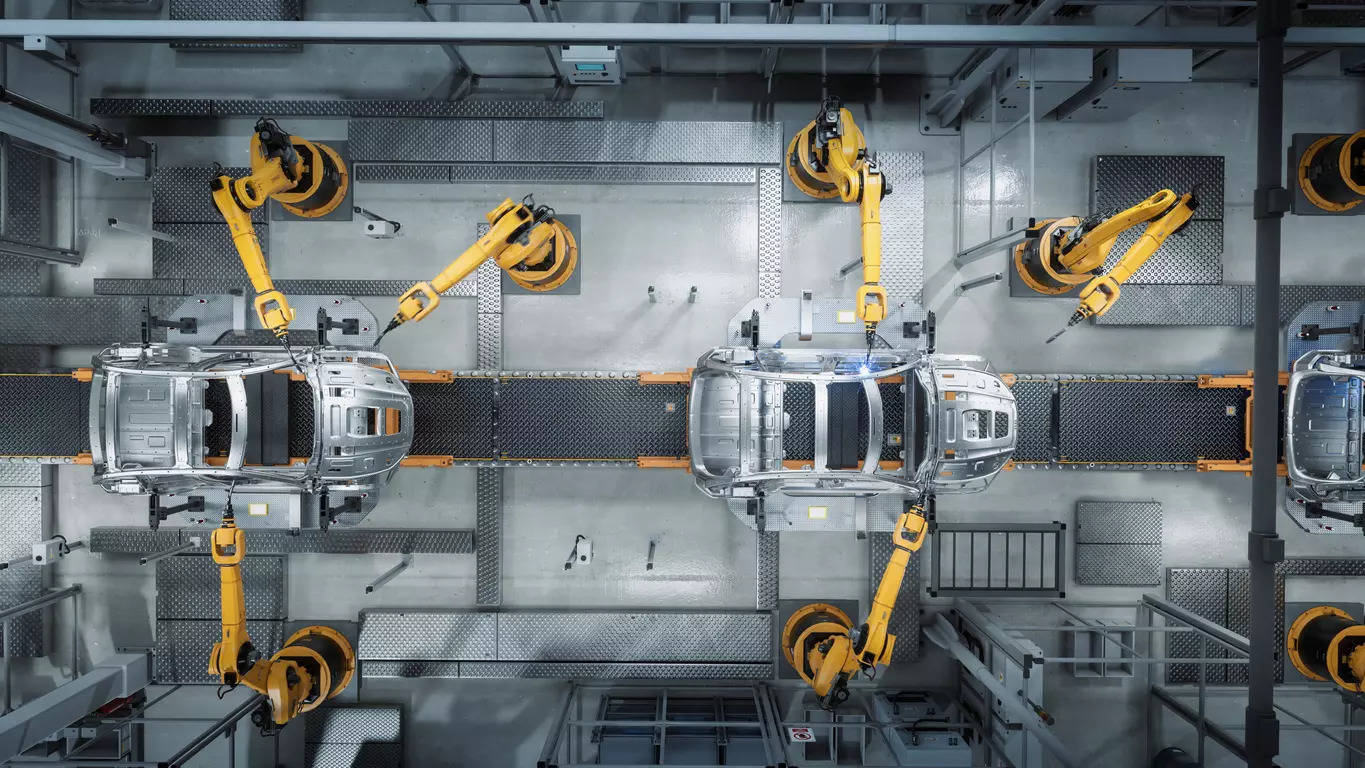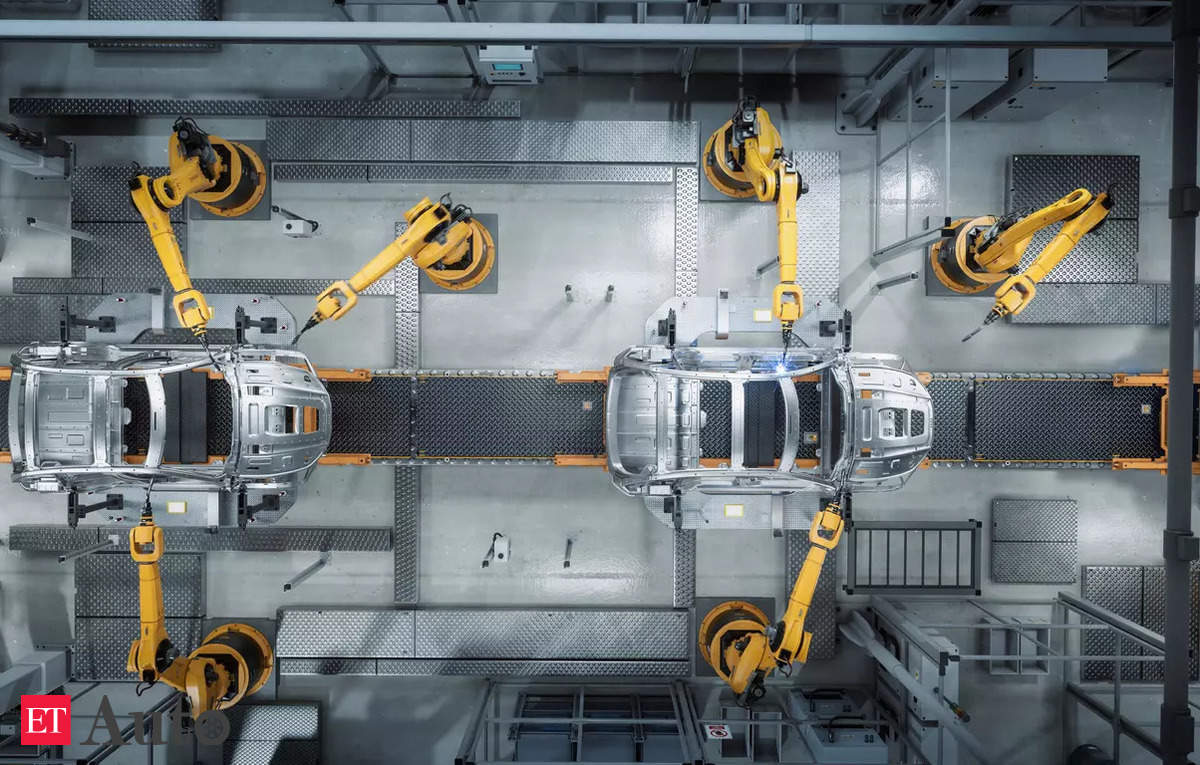
In recent years, the complex dynamics between Vietnam and China have played a significant role in shaping the geopolitical landscape of Southeast Asia. As Vietnam emerges as a rising regional power, it must be wise to leverage a unique opportunity to assert itself against its larger neighbor, China. This article will explore the potential of Vietnam to challenge China’s influence while focusing on the automotive industry. As the Vietnamese auto market gains traction, it presents a promising avenue for Vietnam to showcase its potential and enhance its standing in the region.
The Growing Vietnamese Auto Market
In recent years, Vietnam’s auto market has experienced significant growth, fueled by rising incomes, urbanization, and a growing middle class. Government policies promoting the development of local manufacturing have also played a crucial role in this growth. With an estimated compound annual growth rate of over 10%, Vietnam’s automotive market presents an excellent opportunity for the nation to assert itself in the region.
Vietnam’s Competitive Advantage in the Automotive Industry
Vietnam boasts certain advantages that make it an attractive destination for auto manufacturing. Its strategic geographic location provides easy access to regional markets, while its competitive labor costs offer a cost-effective solution for automakers. Additionally, Vietnam’s young and dynamic workforce, coupled with a supportive regulatory framework, further enhances its appeal. These factors contribute to Vietnam’s potential to become a major player in the auto industry.
Shifting Auto Production to Vietnam: A Win-Win Scenario
Amidst the ongoing trade tensions between the United States and China, many manufacturers are seeking alternative production bases. Vietnam’s burgeoning automotive industry presents an ideal opportunity for automakers to diversify their manufacturing capabilities and decrease their dependence on China. By shifting production to Vietnam, automakers can increase their market reach, mitigate risks, and capitalize on the growing Southeast Asian market.
Promoting Investments and Technological Advancements
To fully exploit this rare opportunity, Vietnam must focus on attracting both local and foreign investments. The government’s commitment to fostering an investor-friendly environment and improving infrastructure is crucial to ensure sustainable growth in the automotive sector. Encouraging investments in research and development, as well as technological advancements, will further solidify Vietnam’s position as a competitive player in the automotive market.
Seizing the Opportunity to Reduce Dependence on China
Vietnam’s move towards strengthening its automotive industry not only presents economic opportunities but also allows the nation to reduce its dependence on China. As trade tensions persist between the two countries, Vietnam can leverage its growing auto market to assert its autonomy and diversify its trade partnerships. By doing so, Vietnam can nurture its own domestic industries and assert its geopolitical significance in the region.
Conclusion:
Vietnam’s automotive industry represents a rare opportunity for the nation to assert its influence and reduce dependence on China. With a rapidly growing market, favorable conditions, and strategic advantages, Vietnam has the potential to become a major player in the global automotive sector. By embracing this unique chance, Vietnam can capitalize on its strengths, strengthen its regional standing, and shape its own destiny.
FAQs:
1. Will Vietnam’s automotive industry impact the country’s economic growth?
2. How can foreign automakers benefit from shifting production to Vietnam?
3. What measures is Vietnam taking to attract investments in the automotive sector?
4. Can Vietnam’s automotive industry compete with established players like China?
5. How will reducing dependence on China benefit Vietnam’s long-term goals?




